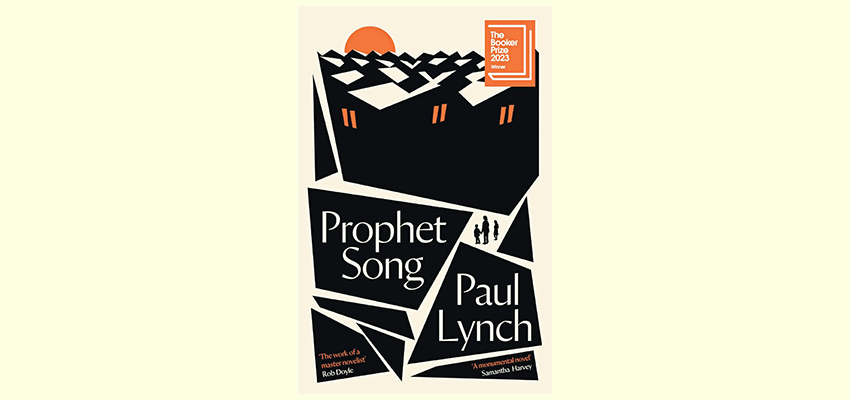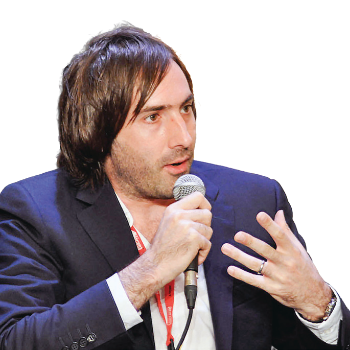An unflinching portrait of descent—one silence at a time

In today’s global climate, few books resonate as viscerally as Paul Lynch’s “Prophet Song”. Winner of the 2023 Booker Prize, this novel is not just a literary achievement, it is a chillingly plausible meditation on political collapse, personal resilience, and the quiet tragedies that unfold when democracies fracture
Set in a near-future Ireland slipping into authoritarianism, the story follows Eilish Stack, a microbiologist and mother of four, as she navigates a rapidly tightening political noose. When her husband, Larry, a union organiser, is taken by the secret police, Eilish is plunged into a Kafkaesque nightmare of uncertainty, silence, and erasure. What begins as a murmur of political unrest escalates into a fullblown crisis, with Eilish and her children caught in the crosshairs.
If political awareness and civic debate are part of your daily discourse, the novel hits particularly close to home. Lynch never indulges in melodrama or speculative excess. Instead, he presents the slow disintegration of civil society through the lens of domestic life- school drop-offs, shopping lists, and phone calls that go unanswered. The result is a narrative that is emotionally resonant and uncomfortably real.
What makes Prophet Song so heartwrenching is its refusal to sensationalise.
Lynch renders the collapse of civil society not in bursts of spectacle, but in the erosion of the everyday: the school runs, the shopping lists, the half-finished homework, the worried glances. Eilish’s strength—her stubborn insistence on protecting her children, preserving normalcy, waiting for justice—is portrayed not as heroic, but human. Her dilemmas are not those of an action hero, but of an ordinary citizen trying to stay afloat as the world changes around her. Her choices are messy, painful, and deeply relatable. As readers, we inhabit her world so fully that we too feel the creeping dread of what’s coming.
Stylistically, Lynch’s prose is fluid, often eschewing traditional paragraph breaks in favour of long, unspooling sentences that mimic thought and breath. This technique lends a sense of urgency and claustrophobia to the narrative, immersing the reader in Eilish’s state of mind and creating a sense of time running out. It is demanding at times, but ultimately rewarding, especially for readers who appreciate literary craft.
Perhaps the most sobering aspect of Prophet Song is how easy it is to imagine its events occurring in any number of modern nations. Though set in Ireland, Prophet Song resists easy classification as dystopian fiction. Lynch offers no fantastical premise, no distant futuristic setting. The institutions failing are familiar—police, media, courts. The rhetoric is recognisably populist. The people disappearing are neighbours, colleagues and loved ones. The breakdown is slow, almost invisible at first—that plausibility is what makes the book so deeply unsettling.

For corporate readers, the novel offers more than an emotional experience—it provides a stark reminder of how fragile the social systems we take for granted, can be. It underscores the importance of civic engagement, ethical leadership and vigilance, in the face of creeping authoritarianism.
Paul Lynch, in one of his interviews about the book, has stated that it was the Syrian refugee crisis, which in some way prompted this story. That is probably what is perhaps the novel’s greatest strength, rooted as it is in a crisis that had the world taking sides and often closing doors to the innocent victims of a country under strife, and imparts it chilling plausibility.
The book Prophet Song is not light reading, but it is necessary reading. It invites introspection about the world we live in and the one we may unknowingly be creating. Lynch has delivered a powerful, poetic warning wrapped in a deeply human story. It deserves to be read, discussed, and introspected over. Lynch has authored other award winning books as well.